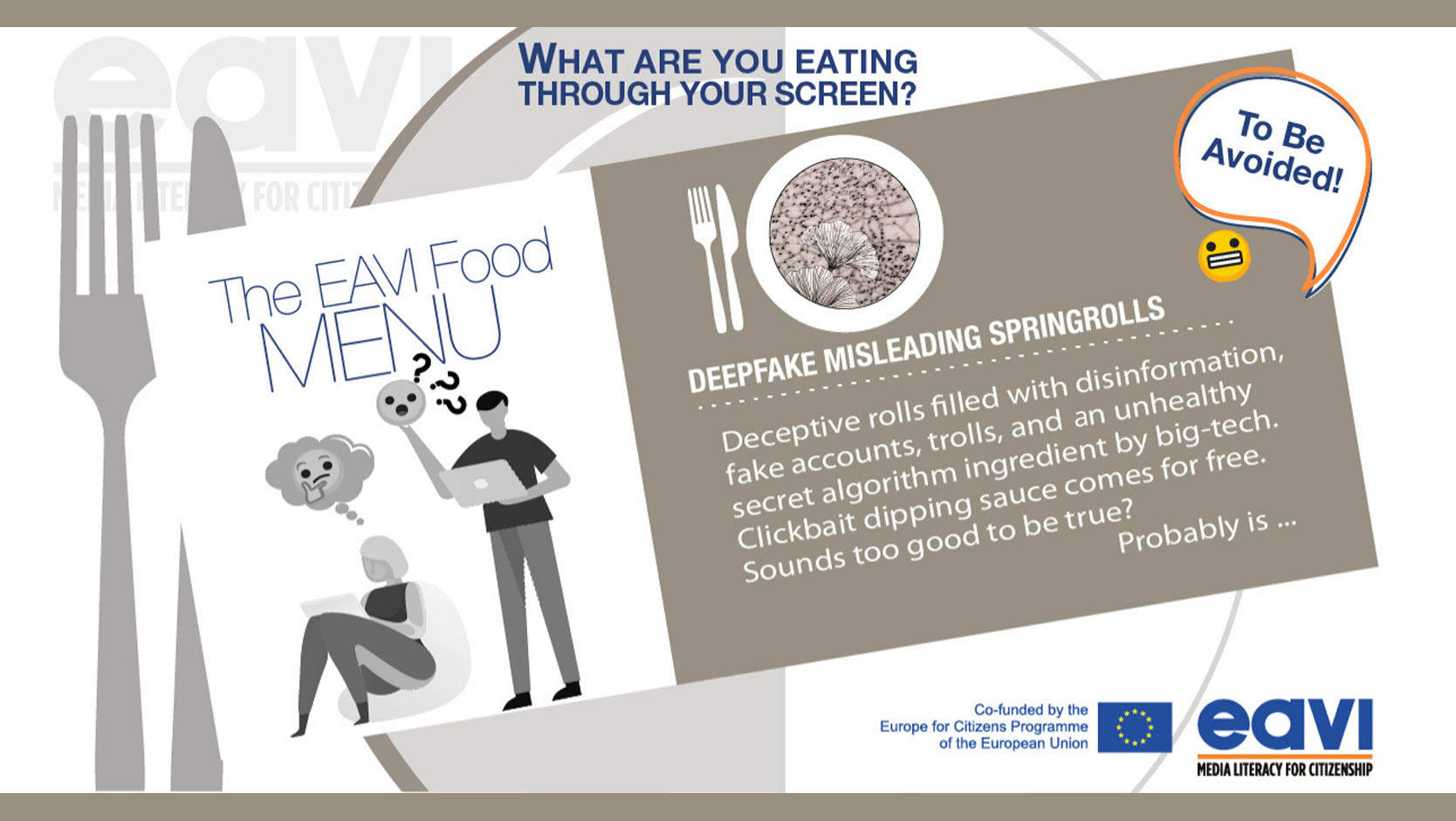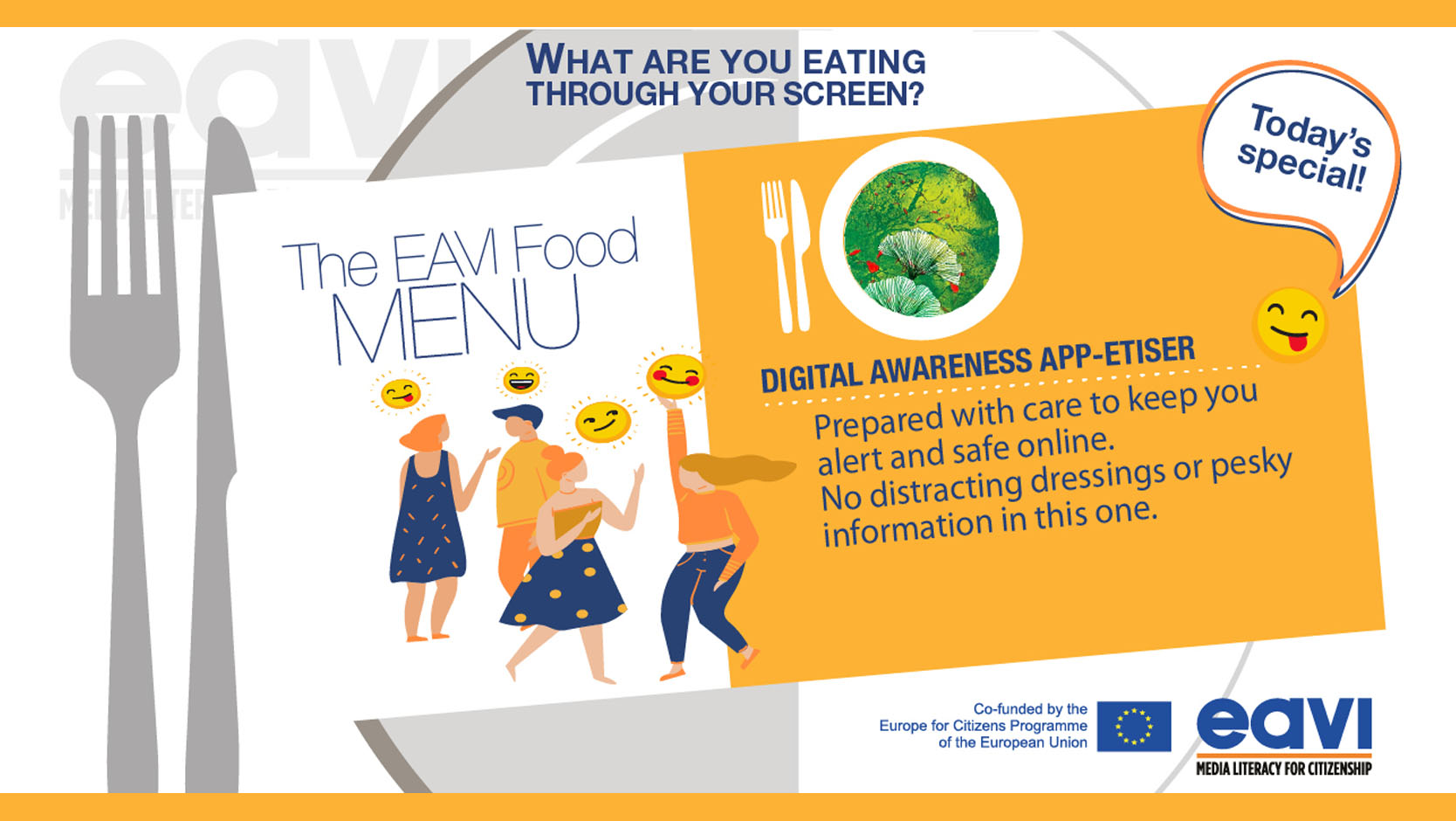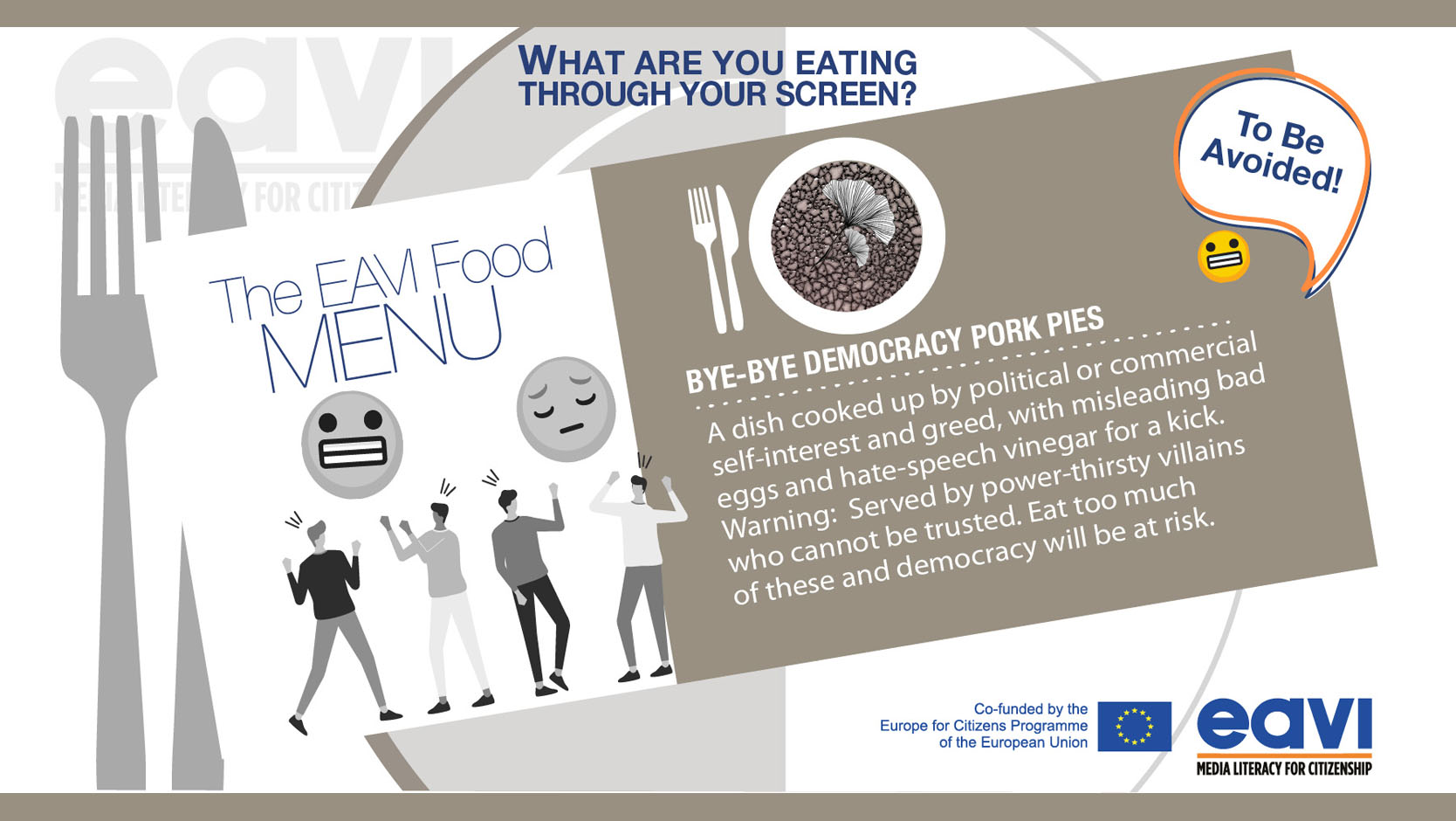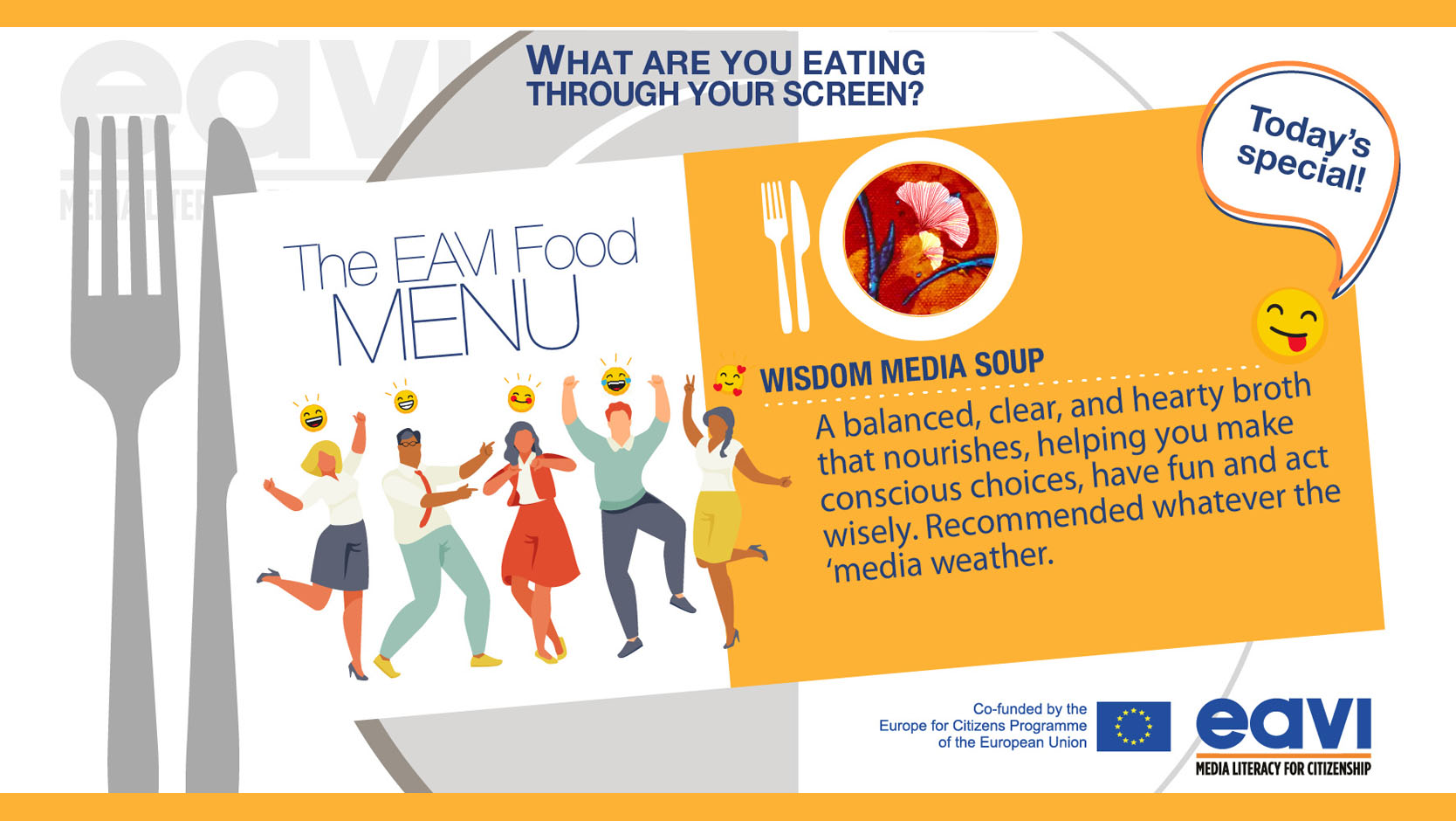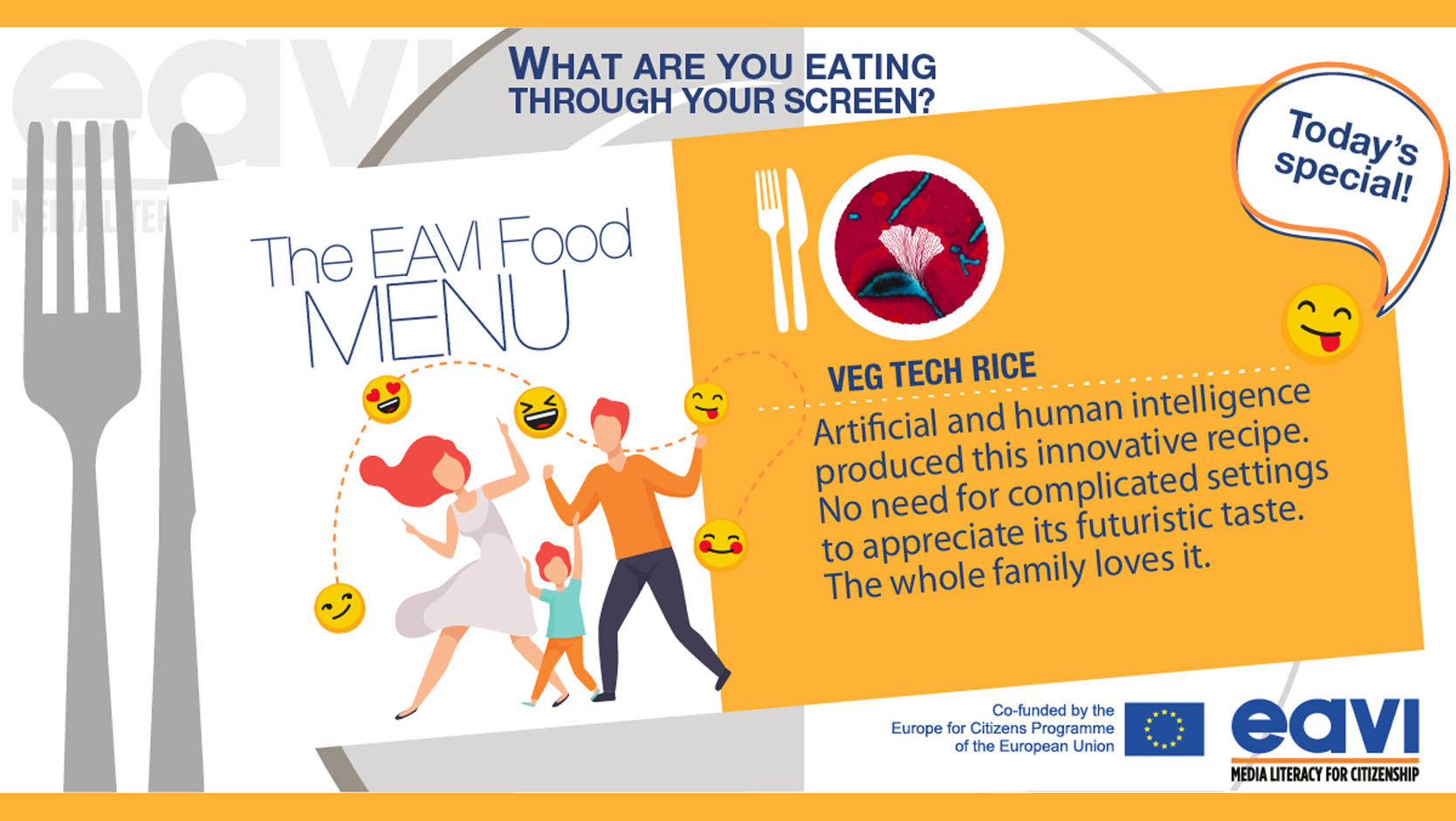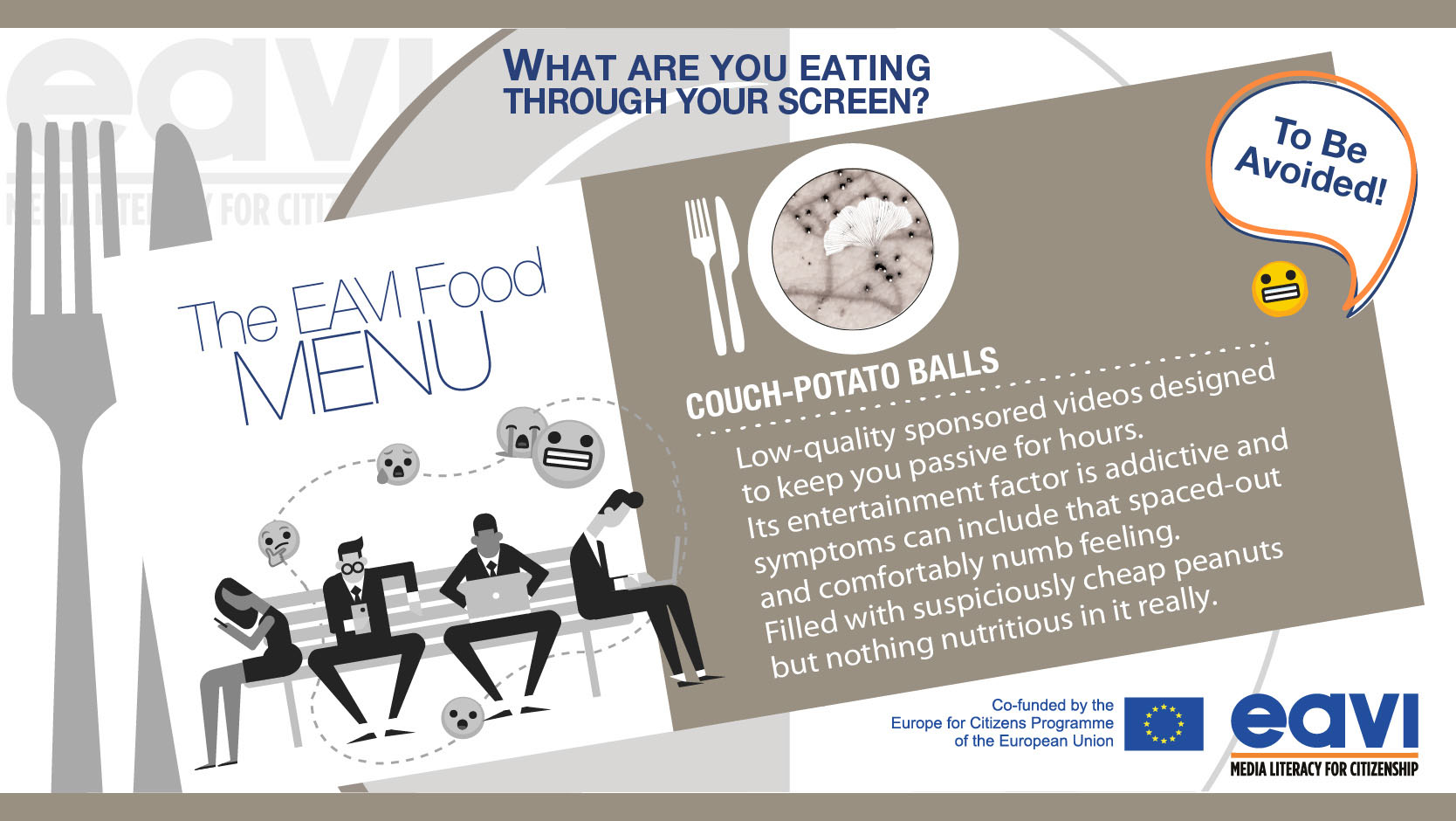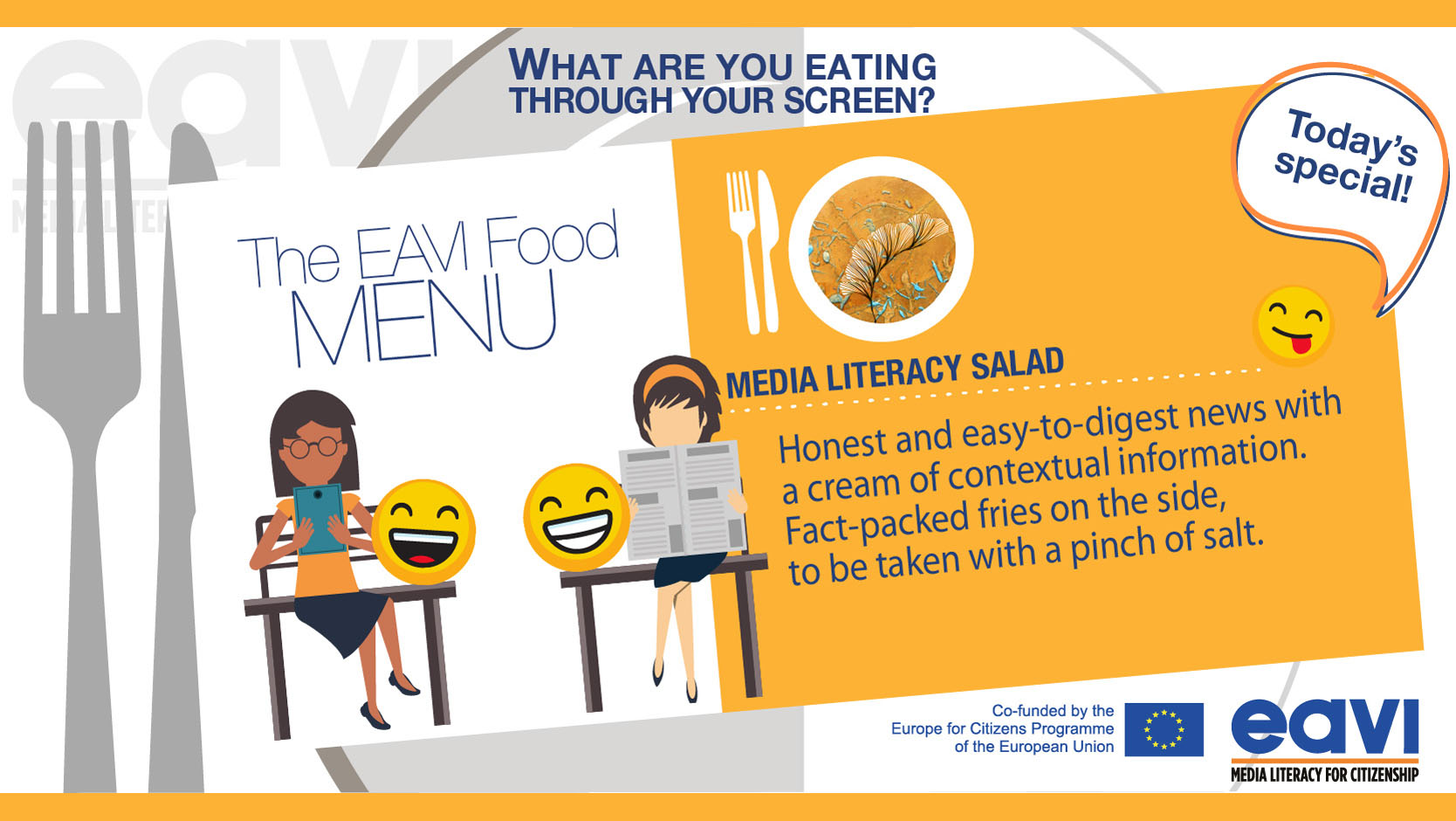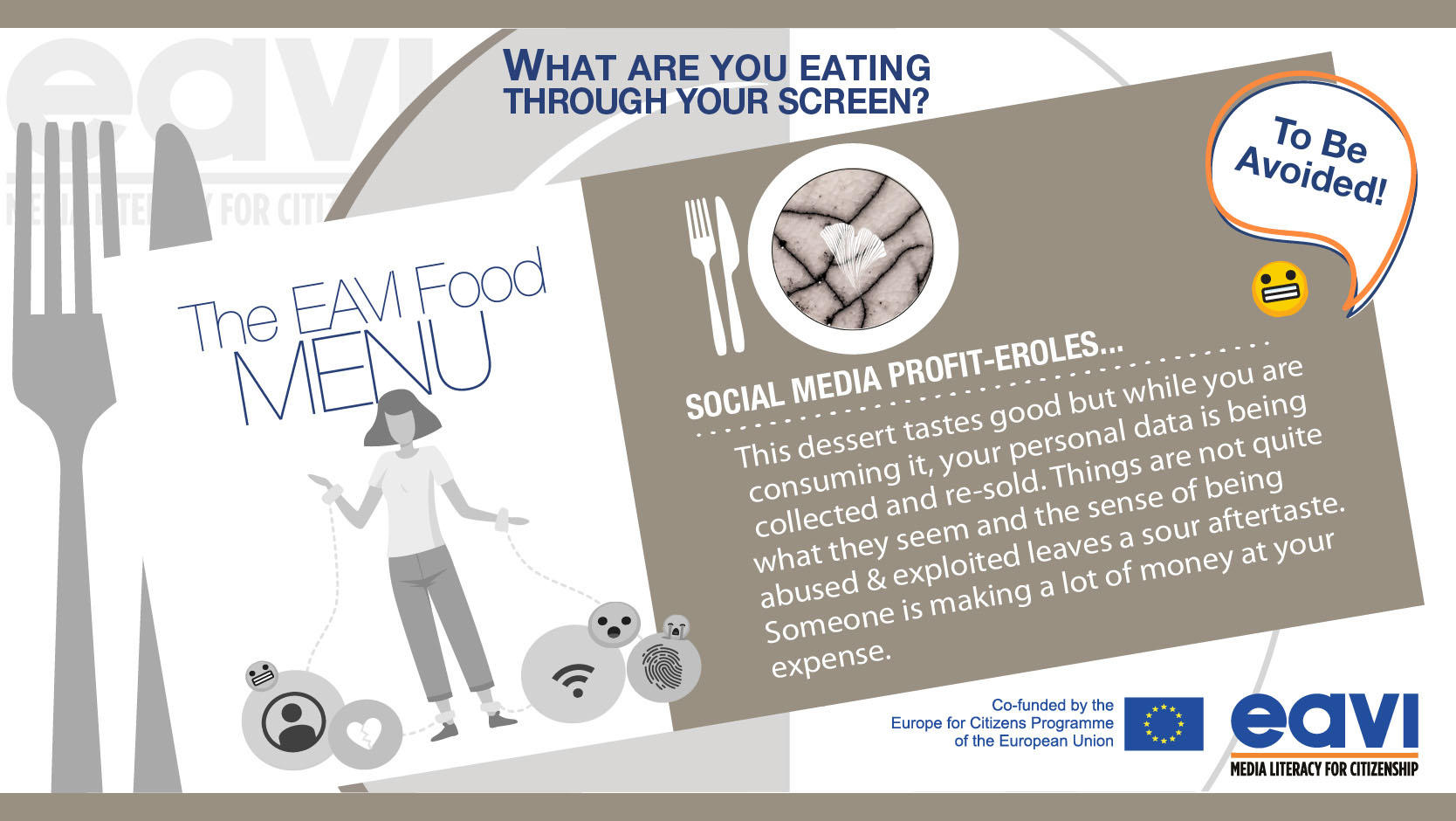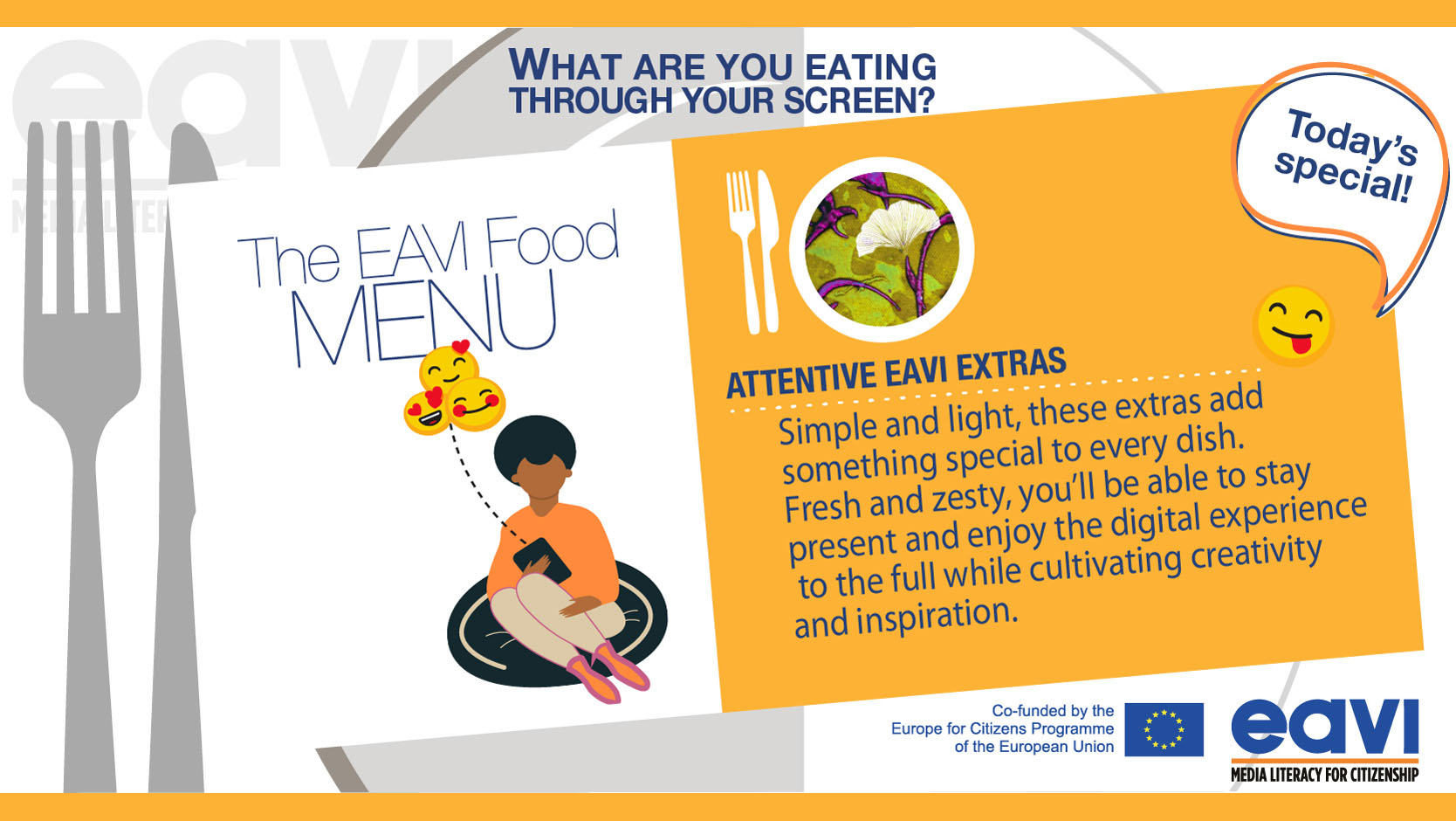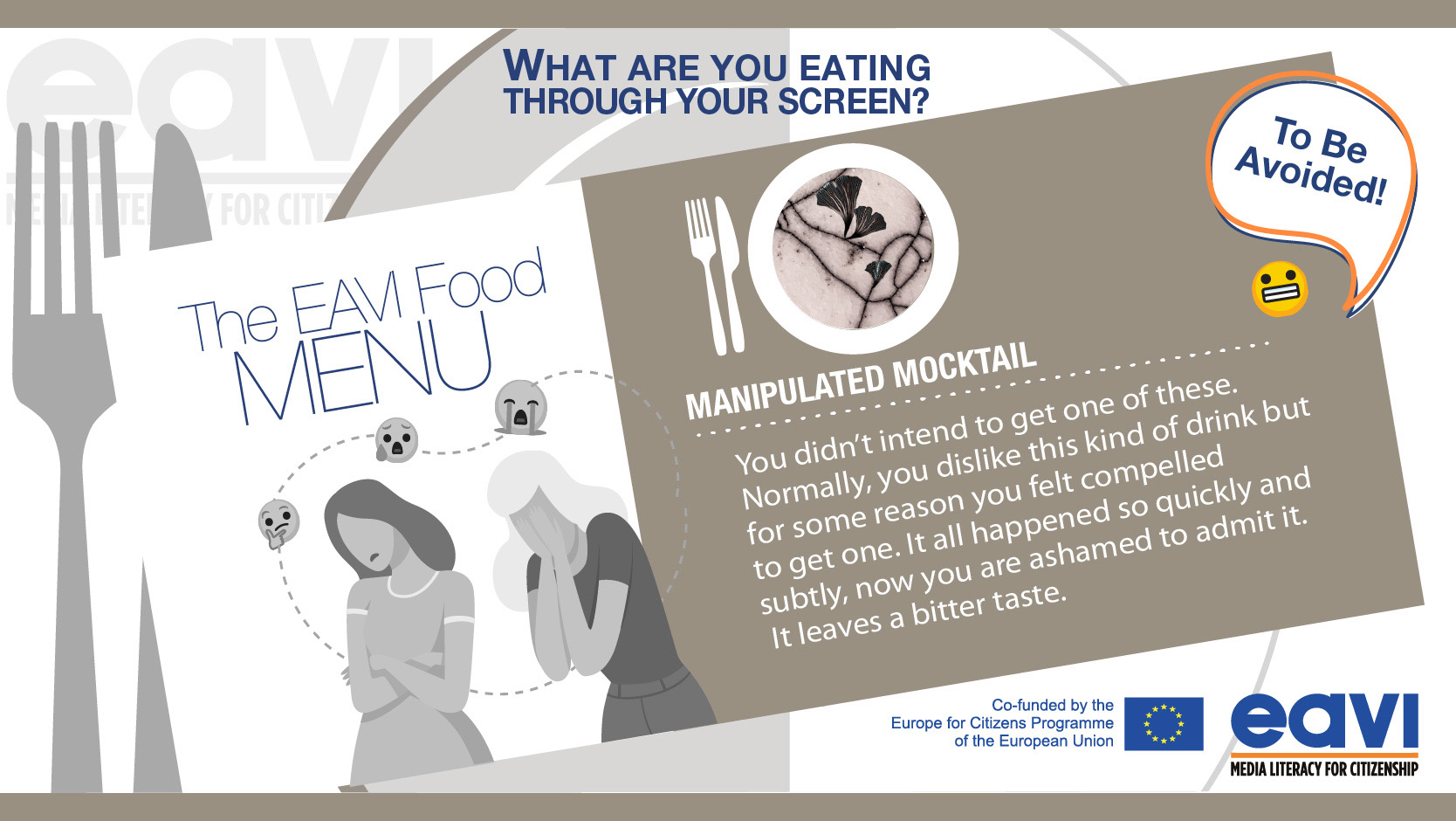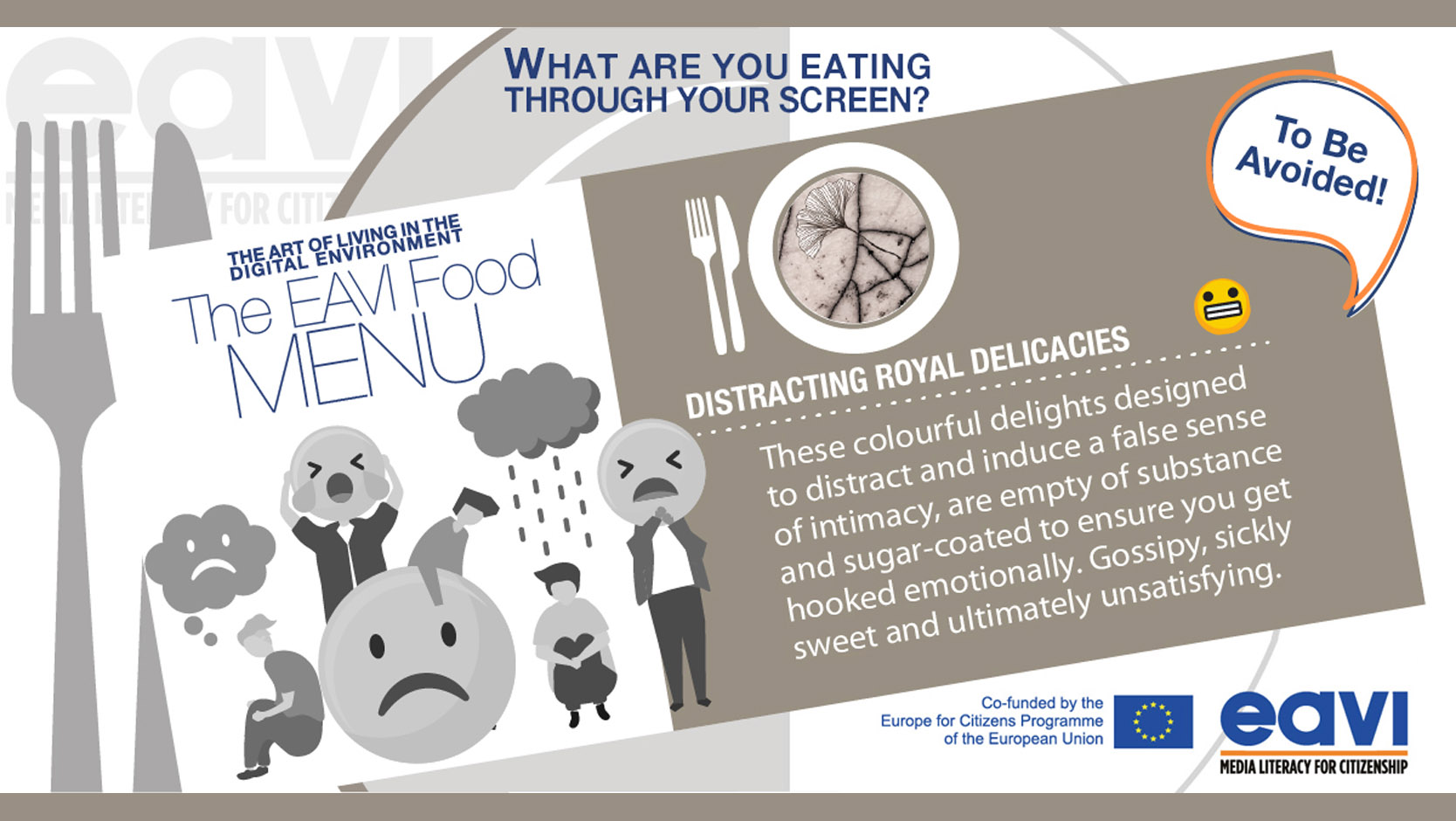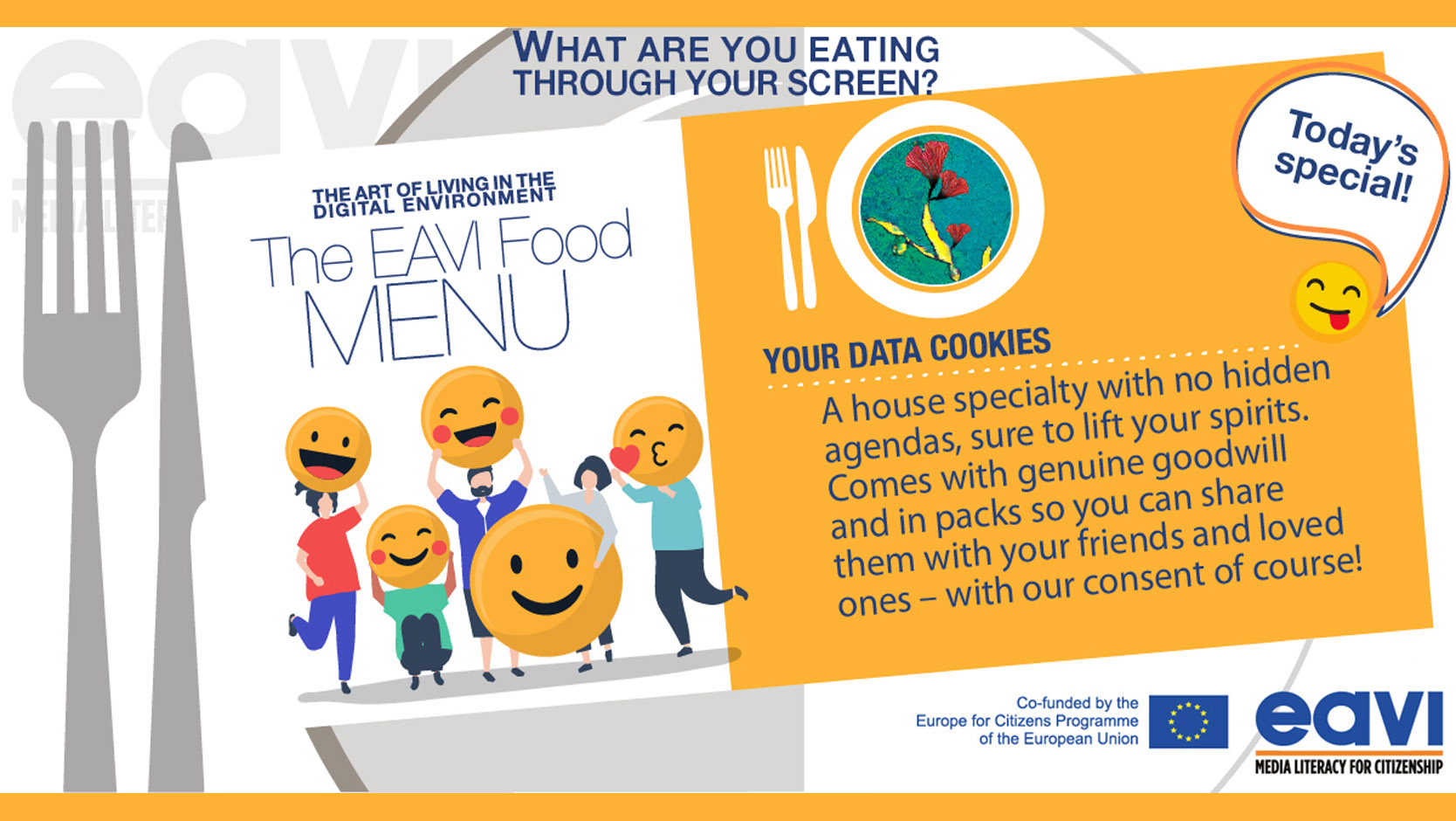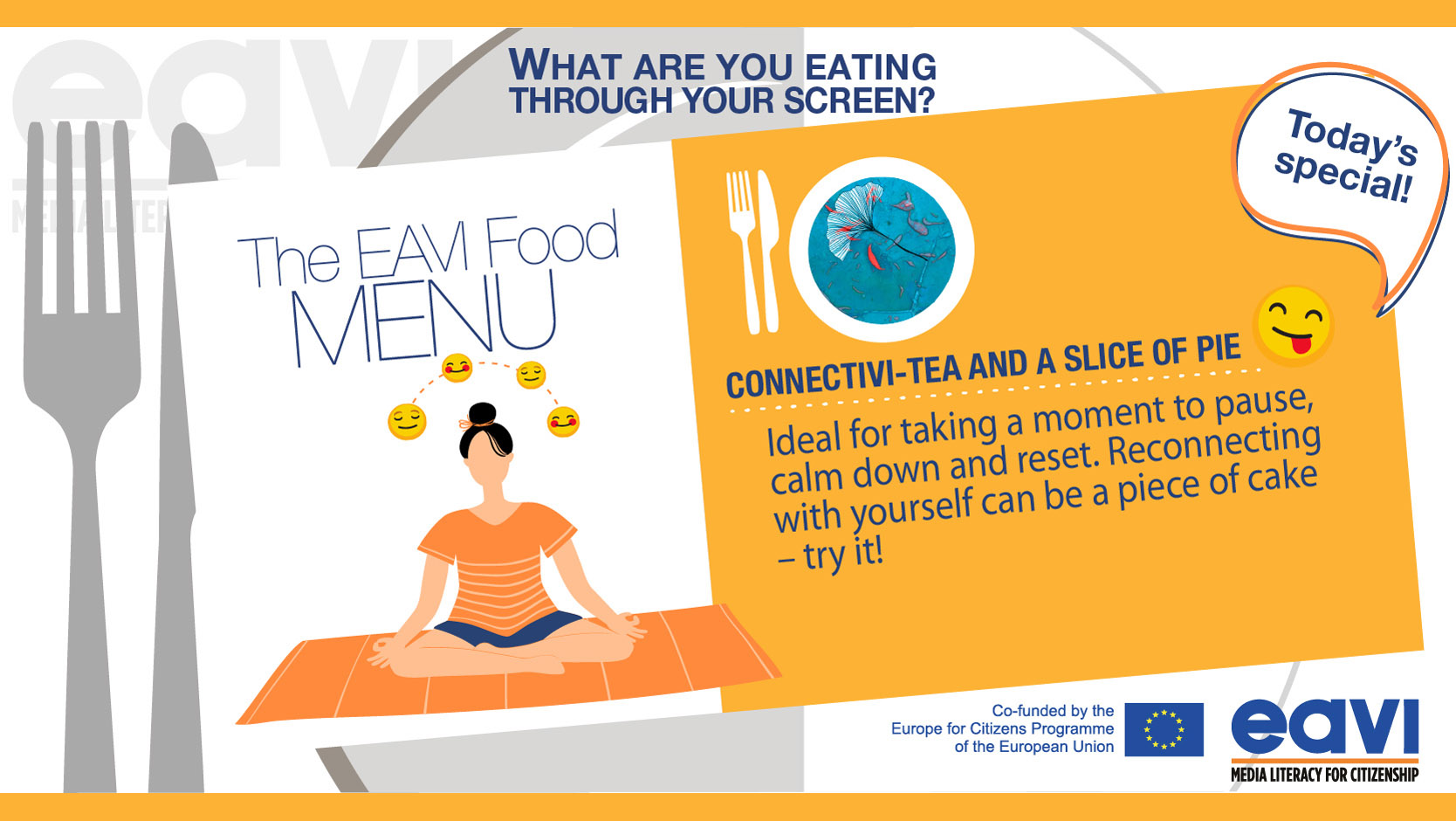
Ideal for taking a moment to pause, calm down and reset. Reconnecting with yourself can be a piece of cake – try it!
When was the last time you put aside all distractions and consciously took a timeout just for yourself? Most of us spend large parts of their days online and on technological devices – either for work, to connect with friends, for fun, information, shopping or games. The current pandemic has even increased this tendency.
Although research has long recognized that screen time isn’t inherently “evil” and that it makes no sense to treat the multitude of things that people can do on their screens as one and the same, we should not forget the mental and psychological benefits of disconnecting from time to time.
Learn More
Wonder if you suffer from Nomophobia? Then you can take the Nomophobia test.
BUT: Be sure to take the test results with a grain of salt – no online test can ever be used to self-diagnose! If your device- or social media use habits are causing you prolonged emotional distress and discomfort, be sure to seek advice from a medical professional.
Do you want to start meditating but don’t know how? The Headspace guide to Meditation (available on Netflix) could be a good place to start. You don’t have Netflix? Here’s a list of free meditation resources.
Finally, here are some ideas for self-care routines:
40+ Lab-Approved Solutions to Creating the Ultimate Self-Care Routine
Self-Care: 12 Ways to Take Better Care of Yourself
and for how to plan and implement social media breaks:
Want To Take A Social Media Break? This Key Tip Will Make It So Easy
How to Take a Break from Social Media
Resources
1: Jiang, B.; Schmillen, R. & Sullivan, W.C. (2018). How to Waste a Break: Using Portable Electronic Devices Substantially Counteracts Attention Enhancement Effects of Green Spaces. Environment and Behavior, vol. 51, issue 9-10, pp. 1133-1160. doi: 10.1177/0013916518788603
2: Graham, S.; Mason, A.; Riordan, B; Winter, T. & Scarf, D. (2020) Taking a Break from Social Media Improves Wellbeing Through Sleep Quality. Cyberpsychology, Behavior, and Social Networking. doi: 10.1089/cyber.2020.0217
3: Bhattacharya, S.; Bashar, M. A., Srivastava, A. & Singh, A. (2019). NOMOPHOBIA: NO MObile PHone PhoBIA. Journal of Family Medicine and Primary Care, vol. 8, issue 4, pp. 1297–1300. doi: 10.4103/jfmpc.jfmpc_71_19
4: Aini, D. K.; Bukhori, B. & Bakar, Z. A. (2020). The Role of Mindfulness and Digital Detox to Adolescent Nomophobia. Proceedings of the First International Conference on Islamic History and Civilization, ICON-ISHIC 2020, 14 October, Semarang, Indonesia. doi: 10.4108/eai.14-10-2020.2303861
5: Throuvala, M. A.; Griffiths, M. D.; Rennoldson, M. & Kuss, D. J. (2020). Mind over Matter: Testing the Efficacy of an Online Randomized Controlled Trial to Reduce Distraction from Smartphone Use. International Journal of Environmental Research and Public Health, vol. 5, issue 17. doi: 10.3390/ijerph17134842

